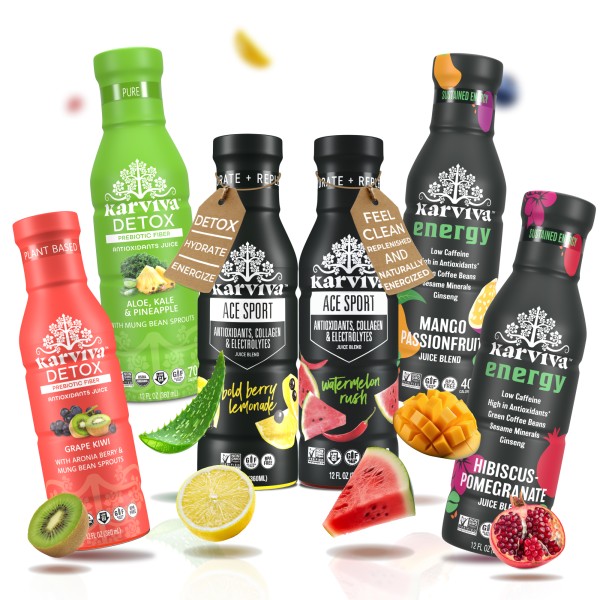The Food and Drug Administration is warning the public about a drug that has not been approved.
Tianeptine, an opioid commonly referred to as “gas station heroin,” is putting public health at risk, according to Food and Drug Commissioner Dr. Marty Makary.
“I am writing to draw your attention to a dangerous and growing health trend facing our nation and particularly young people– the increasing number of adverse events involving products containing tianeptine, which can lead to serious harm, including death,” Makary said in a May 8 news release, expressing the dangers of tianeptine.
“Tianeptine, which is often called ‘gas station heroin’ because of its availability in gas station stores, is not approved by the FDA for any use.”
What is tianeptine?
Tianeptine is prescribed as an antidepressant in some European, Asian and Latin American countries, but it’s not approved for any medical use in the U.S.
Still, companies are marketing and selling tianeptine products as dietary supplements, typically in pill and powder form, claiming it can improve brain function and treat depression, anxiety, pain and even opioid use disorder.
The drug is typically available at gas stations, convenience stores, vape shops and online retailers, according to the FDA.
Many people use tianeptine to treat their ailments, believing it is safe due to its availability. However, the FDA has stated that tianeptine is a prime example of how availability does not indicate effectiveness or safety.
Is tianeptine banned in Texas?
As of now, Tianeptine is not prohibited in Texas. There are legal efforts to try to forbid the sale of and ease of access to this drug from gas stations. Senate Bill 1868 seeks to classify tianeptine as Penalty Group 1 of the Texas Controlled Substances Act.
Is tianeptine legal in Texas?
According to the FDA, although tianeptine is not federally regulated, its sale is illegal. The agency has not authorized tianeptine for any medical application and classifies it as an unsafe food additive rather than a dietary ingredient.
As stated by the FDA, certain companies are unlawfully promoting and distributing products containing tianeptine to consumers. Additionally, they are making risky and unverified assertions that tianeptine enhances brain function and serves as a treatment for anxiety, depression, pain, opioid use disorder, and other medical conditions.
What are the risks of using tianeptine?
The FDA has listed the following harms of consuming this drug:
Is tianeptine banned in the U.S.?
Tianeptine is banned in the following states:
What products is tianeptine sold as?
According to Makary’s report, tianeptine is sold under various product names, including Tianaa, Zaza, Neptune’s Fix, Pegasus and TD Red.
Some of the products that contain Tianeptine, a banned substance. The FDA labels these products “Gas Station Heroin,” as they are mostly sold in gas stations.
How is tianeptine consumed?
According to a study from the University of Illinois Chicago, tianeptine is most commonly administered orally, though instances of intravenous use and inhalation have also been documented.
When taken by mouth, it is rapidly absorbed and binds extensively to proteins in the bloodstream. Its metabolism occurs in the liver through beta-oxidation, producing two primary metabolites, MC3 and MC5, with MC5 exhibiting pharmacological activity akin to the original drug.
Tianeptine is eliminated through renal clearance and has a relatively short half-life of approximately 2.5 hours.
-USA TODAY Network’s Anthony Robledo contributed to this report.
This article originally appeared on Austin American-Statesman: What is tianeptine? What to know about ‘gas station heroin’ in Texas















